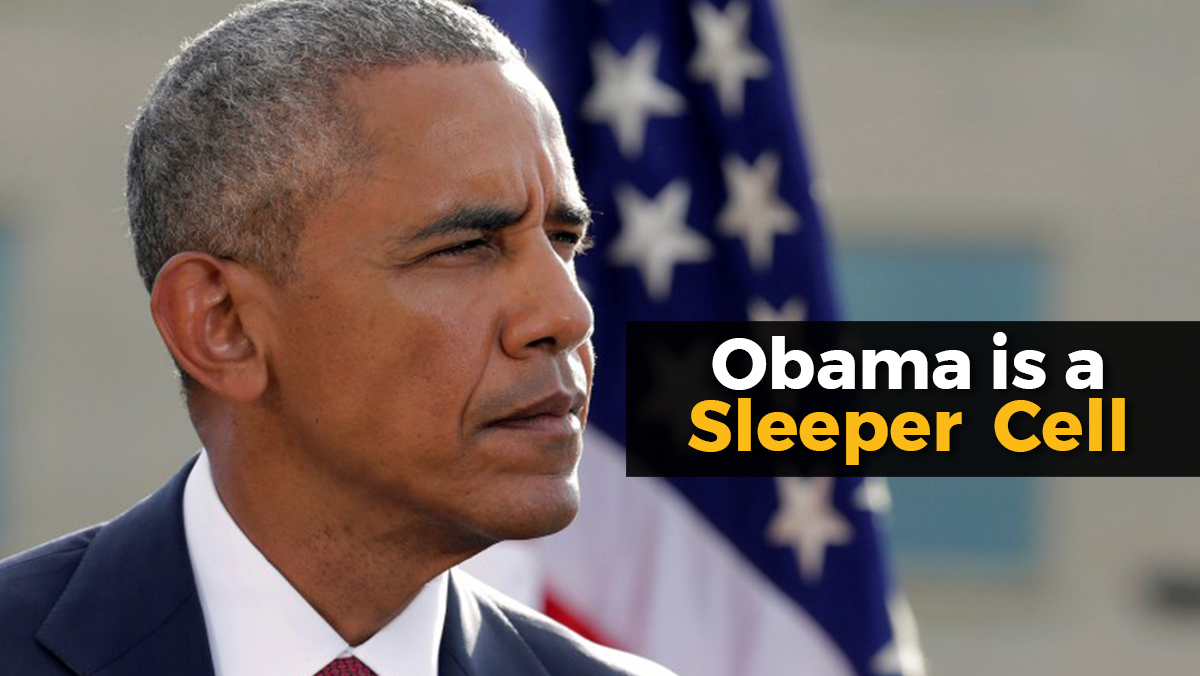 Parler
Parler Gab
Gab
- The United States may exit the International Energy Agency (IEA) unless the organization reforms what U.S. officials call biased, overly optimistic green energy forecasts that diverge from its original energy security mission.
- Created in 1974 to ensure oil supply stability after the 1973 oil embargo, the IEA has expanded its focus over the decades to include renewables, energy efficiency and climate transition planning, especially after the Paris Agreement.
- Energy Secretary Chris Wright argues the IEA has become an advocate for climate policy rather than a neutral forecaster, calling its oil demand projections methodologically flawed and warning they may undermine traditional energy investment.
- As the IEA's largest funder (25 percent of the budget), a U.S. withdrawal could trigger a legitimacy crisis, disrupt emergency coordination and fragment international energy governance, potentially giving rise to rival institutions.
- The loss of U.S. support could erode trust in IEA forecasts, heighten market volatility and complicate capital allocation across energy sectors, leaving investors grappling with conflicting signals and long-term strategic uncertainty.
U.S. exit could prove fatal for IEA
The U.S. is the largest financial contributor to the IEA, supplying roughly 25 percent of its operating budget. In other words, the potential departure of the U.S. would make the IEA face not only a significant budget shortfall but also the risk of a broader crisis of legitimacy. Other member countries, especially those critical of the agency's increasing climate focus, might reconsider their participation. The loss of U.S. leadership would diminish the IEA's ability to coordinate emergency oil stock releases, collect global energy data and shape market expectations. International cooperation could fragment, with new, potentially competing energy forums emerging – possibly along ideological or regional lines. For energy markets, a U.S. withdrawal introduces added uncertainty. The IEA's forecasts guide trillions of dollars in investment decisions. Without unified and trusted projections, market actors would be forced to navigate diverging forecasts and geopolitical signals, likely increasing price volatility. Investors may begin to question the reliability of long-term demand outlooks and coordination around strategic petroleum reserves, an IEA cornerstone, could falter. A fragmented information landscape could accelerate divergence in energy policy and investment between regions, complicating the already delicate energy transition. For energy investors, diverging forecasts and political uncertainty complicate capital allocation across fossil and renewable assets. Oil and gas companies must weigh continued exploration against transition risks, while renewable developers face regulatory volatility and policy inconsistency. Financial institutions will be caught between growing demands for climate disclosures and the need to manage exposure to traditional energy. Even as WTI crude remains stable at $65.87 per barrel (as of July 16, 2025), long-term uncertainty looms large. Head over to GreenTyranny.com for more similar stories. Watch Environmental Protection Agency Administrator Lee Zeldin reiterating his refusal to spend tax dollars on "climate alarmism" measures in this clip. This video is from the NewsClips channel on Brighteon.com.More related stories:
The energy transition ain't happening: "Green" economy in retreat.
WSJ warns rolling blackouts coming to America; transition to "green energy" FAILING.
Major supply gap in copper industry is threatening the transition to green energy.
Operators say green energy transition rendered US power grid unreliable, prone to blackouts.
World Economic Forum claims economic crisis is an opportunity to transition to green energy.
Sources include: OilPrice.com DiscoveryAlert.com Bloomberg.com Brighteon.comValve removes over 100 adult games on Steam due to pressure from Visa and Mastercard
By Laura Harris // Share
Governments continue to obscure COVID-19 vaccine data amid rising concerns over excess deaths
By patricklewis // Share
Tech giant Microsoft backs EXTINCTION with its support of carbon capture programs
By ramontomeydw // Share
Germany to resume arms exports to Israel despite repeated ceasefire violations
By isabelle // Share










